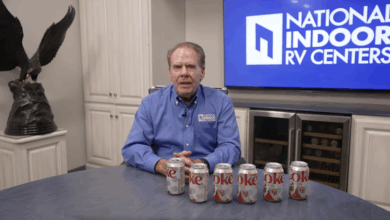Canada Conflicted on How to Respond to Tariffs
Canada fired back at Donald Trump’s metals tariffs with dollar-for-dollar retaliation. For autos, it might not be so simple.
This story by Bloomberg appeared on Automotive News Canada.
One of Prime Minister Justin Trudeau’s envoys said last week the government would respond “proportionally” if the U.S. imposes tariffs on vehicles and parts, though Canada hasn’t begun preparing any formal retaliatory package, two people familiar with the matter said. This contrasts with the European Union, which is already preparing a list of American goods to hit with protective duties in the event of auto levies.
The U.S. Commerce Department has until February to report its recommendations to Trump, who has the final say on what tariffs might be imposed on global auto imports. At hearings in Washington last week, industry groups, workers and foreign governments almost universally condemned the idea.
Stakeholders in Canada are conflicted on how the country should respond. An industry group representing car dealers warned that retaliatory tariffs would have a much bigger impact than the steel and aluminum duties, while others say Canada has to hit back just as hard.
“We cannot afford tit-for-tat, dollar-for-dollar on automotive,” said Michael Hatch, chief economist for the Canadian Automobile Dealers Association. “In these situations, we’re pointing the gun at ourselves so we’re just urging the government not to pull the trigger.”
Canada’s auto-supplier association disagrees, saying the country has no choice but to respond in kind with counter-tariffs on U.S. autos and parts.



